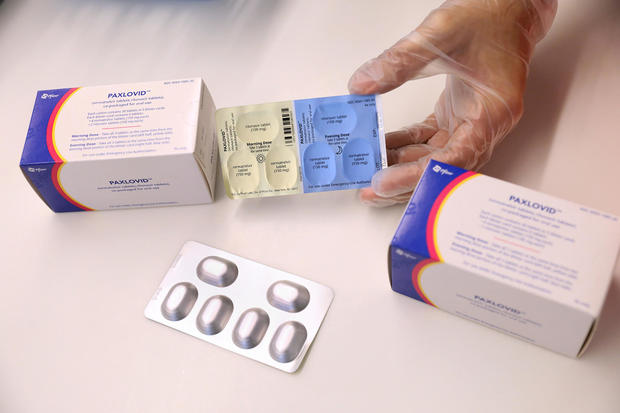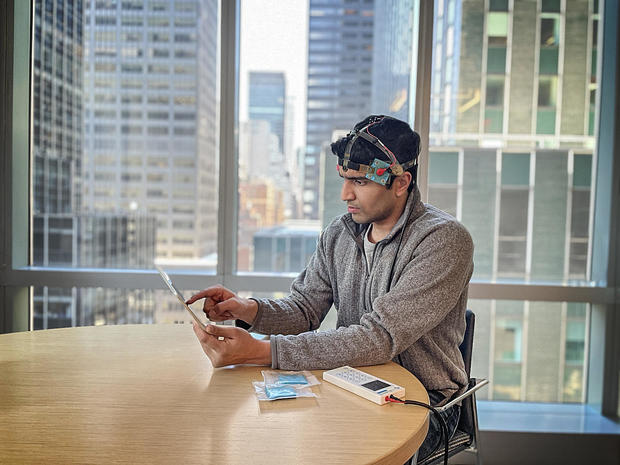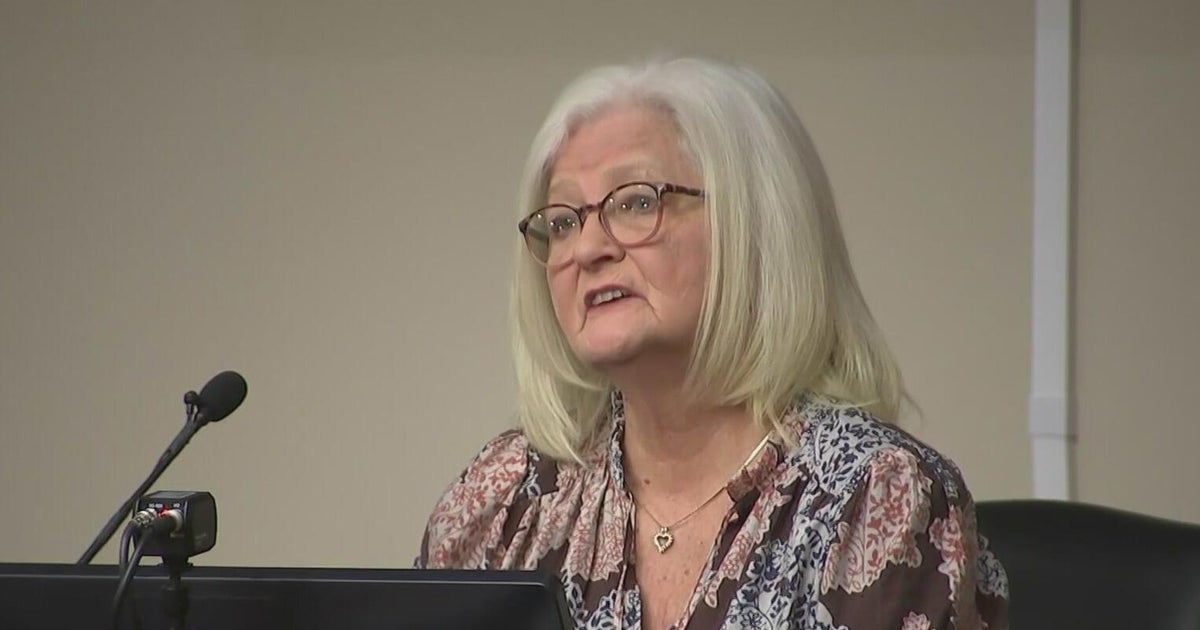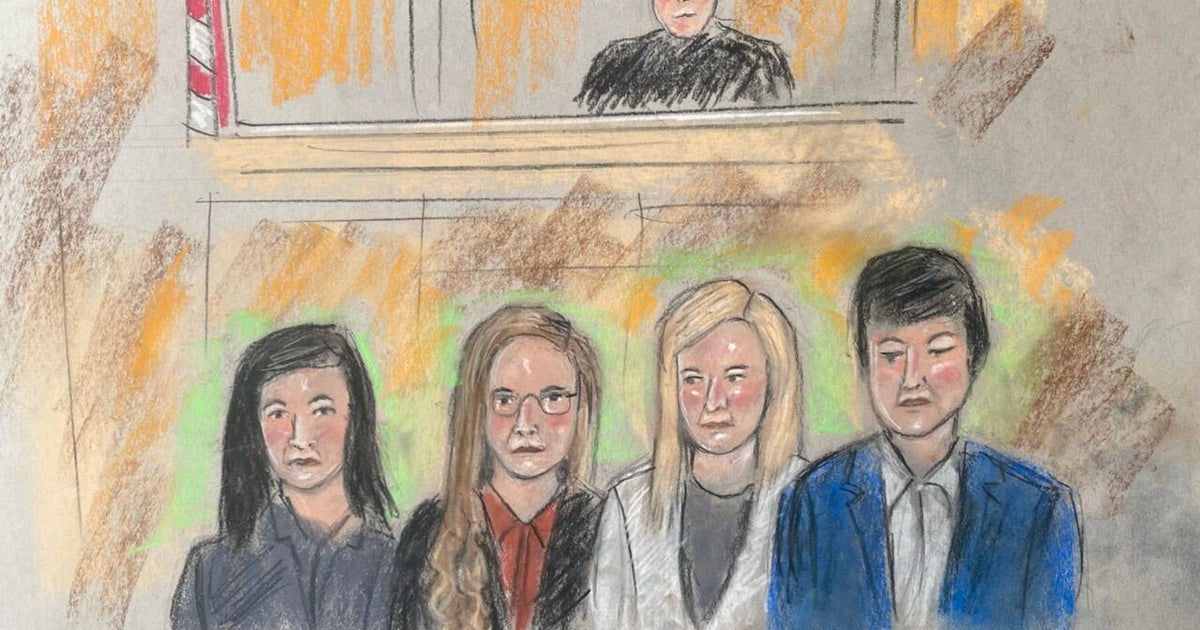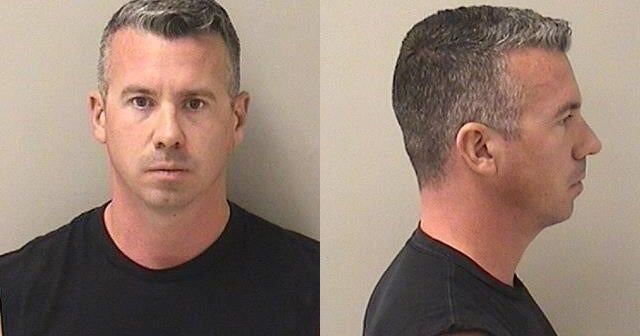First long COVID treatment clinical trials from NIH getting underway
Two new clinical trials to test potential treatments for long COVID are now set to launch, the National Institutes of Health said Monday, opening enrollment for the first of an array of federally-funded studies aimed at evaluating treatments for long-term symptoms still faced by many COVID-19 survivors.
They will begin with a study into using Pfizer's Paxlovid antiviral pills, the NIH announced, which are currently only approved by the Food and Drug Administration to treat COVID-19 early during an infection.
Up to 900 patients will be enrolled in the study, which is named RECOVER-VITAL — a smaller number than was previously planned. The trial's design has also been tweaked to test taking the pills for 25 days, a difference from another recent study from Stanford University that was stopped early. That study had failed to find evidence the drug benefited patients, MedPage Today reported earlier this year.
"We were able to get some good feedback from the Food and Drug Administration, as well as others, to really beef up the design and make sure that we were getting the answers that we needed," said Zimmerman.
Another arm of the trials, titled RECOVER-NEURO, will soon test three approaches aimed at helping with issues like brain fog and memory problems. Those include a device designed to deliver low-level electrical currents into the brain, as well as two web-based "training program" options. Further trials are set to begin within the next three months.
Around 5% of Americans say they are continuing to face limits to their activity as a result of long COVID, according to survey results from the Centers for Disease Control and Prevention.
Some of the most commonly reported symptoms of long COVID include extreme fatigue; post-exertional malaise (debilitating fatigue that gets worse after physical or mental activity); brain fog; dizziness; gastrointestinal symptoms; heart palpitations; chronic cough; chest pain; abnormal movements; and loss of smell or taste, among other things, which can severely disrupt patients' lives for months or years.
"Our hope is that these treatments will work. However, we may learn that some interventions do not provide measurable relief, and this will also inform patient care," Dr. Larry Tabak, acting director of the National Institutes of Health, told reporters Monday.
"A long period of time"
The announcements come months after officials said they hoped to launch the trials, which had previously been slated to begin enrolling in early 2023.
"This trial today, this launch today, is certainly a step in the right direction. It is a bit too late, and I wish it was bigger and more comprehensive, but it's certainly helping us move the ball forward," said Washington University clinical epidemiologist Dr. Ziyad Al-Aly.
As chief of research at the VA St. Louis Healthcare System, Al-Aly has led several papers studying the risk factors for long COVID and the toll it can take on patients.
"I wish they had the sense of urgency to get us to this stage two years ago," he said.
Duke University Medical Center's Dr. Kanecia Zimmerman, the principal investigator for overseeing the infrastructure of the studies, said it had taken time to understand long COVID well enough to design the trials, isolating specific measures to determine whether treatments had succeeded.
The study designs then had to be vetted through a number of governing bodies tasked with overseeing the trials. That process took "a long period of time," she said.
After RECOVER-VITAL, the RECOVER-NEURO trials are expected to formally launch "within the next couple of weeks," she said. The others will begin "in probably two to three months."
"We are building the ship while sailing it in some ways. So certainly we are attempting to fast track these trials, but we do know that there are a lot of things that have to happen for trials to launch," Zimmerman said.
NIH officials have for months defended the pace of their research, after advocates and Congress questioned how the agency has spent billions that had been set aside to accelerate long COVID research.
"NIH was late to start the clinical trial planning process, and then once it started in fall 2022, there was so much pressure to get these trials launched quickly that patient input was often sidelined," Lauren Stiles, president of the patient advocacy organization Dysautonomia International, told CBS News in an email.
Stiles, who has also served on one of RECOVER's trial design committees, said she was glad the NIH was "finally funding much needed clinical trials" into long COVID. However, she expressed frustration that patient input has been "largely ignored."
In a statement, the Long COVID Alliance — an umbrella organization that spans several groups, including Dysautonomia International — praised the "much needed and long overdue" launch. However, they said "many important questions remain unanswered" about the research.
"Additionally, the Alliance is concerned that the NIH has not presented a timeline for results: They have highlighted that enrollment will begin over the next several months, likely meaning that results to benefit many millions with Long COVID are still at least a year away," they said.
"The most promising to test"
So far, officials said current plans for the forthcoming RECOVER-NEURO arm will include trials for melatonin, a supplement used to promote sleep, stimulants modafinil and solriamfetol for patients struggling to stay awake during the day, and "an educational coaching system" to help people improve the quality of their sleep.
Separately, a RECOVER-AUTONOMIC arm will examine treatments for problems in the autonomic nervous system, which controls the body's involuntary processes. Potential treatments include intravenous immune globulin, which is designed to suppress the immune system, and ivabradine, which has been used in chronic heart failure.
Stiles voiced frustration over the two internet-based "training program" options to be tested in RECOVER-NEURO — one developed by Posit Science Corporation and another by Mount Sinai Health System — as a "huge letdown for patients."
"NIH chose to study what is essentially a computer game, not a treatment that actually addresses the underlying biology that is causing cognitive impairment," she said.
Officials said the studies are designed to be an "adaptive platform study" that makes it easy for them to tweak how they are testing the treatments, or add new ones. They said the initial tranche of treatments were picked out by panels as "the most promising to test."
"Each of the potential treatments came in with preliminary data and a rationale. And then we had an expert group that formed around each of these platforms," the NIH's Dr. Walter Koroshetz said.
Al-Aly said the NIH's announced studies still so far leave out some classes of treatments that have been floated as potentially effective in treating several long COVID cases.
One "glaring omission" is the possibility of blood thinners for the so-called "micro-clot hypothesis," which posits that underlying long COVID could be tiny blood clots that develop in the body's organs.
"One would hope that there may be more in the future, they're still considering, and could come in the next few months," he said.
Editor's note: This story has been updated to correct a reference to the sleep-related branch of the study, which is known as RECOVER-NEURO.
